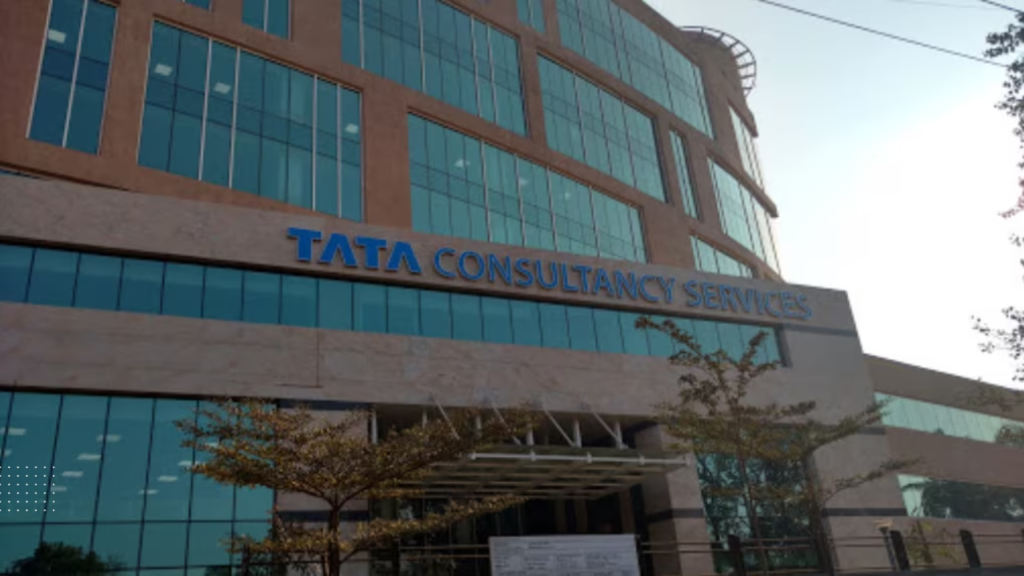MUMBAI: Tata Consultancy Services (TCS) is considering its fifth share buyback in the past six years, a move that could potentially redirect cash back to its parent and largest shareholder, Tata Sons.
The decision will be discussed by the nine-member board of TCS, led by N Chandrasekaran, who also serves as the chairman of Tata Sons. The meeting is scheduled for October 11, according to the IT giant, which has a robust financial position. This move comes amidst challenging demand conditions faced by Indian IT companies, particularly in the United States, their primary market.

Analysts speculate that TCS’s upcoming share buyback proposal might surpass its 2022 repurchase program worth Rs 18,000 crore. Prashanth Tapse, Senior VP of Research at Mehta Equities, anticipates, “We expect the upcoming share buyback to be at Rs 19,000-20,000 crore, which would be 6-11% higher than its last year’s repurchase program.”
Before the announcement of the buyback proposal, TCS’s stock closed at Rs 3,620 apiece on Friday, reflecting a 0.9% increase on the BSE. Since 2017, TCS has repurchased shares worth Rs 66,000 crore through four repurchase schemes. Earlier this year, two other IT companies, Infosys and Wipro, completed their share repurchases, amounting to Rs 9,300 crore and Rs 12,000 crore, respectively.
In fiscal year 2018, TCS committed to initiating stock repurchases to distribute 80-100% of its free cash flows to shareholders. As of June 30, 2023, TCS had cash and cash equivalents totaling Rs 60,942 crore.
TCS’s decision would also redirect funds to its promoter, Tata Sons, which holds approximately 72% of the IT unit. Tata Sons has been diversifying its interests into new ventures such as semiconductors and electric vehicle batteries. In fiscal year 2023, Tata Sons received a dividend of approximately Rs 30,000 crore from TCS.
Abhishek Mundada, Partner at Dhruva Advisors, noted that while both dividends and buybacks are subject to taxation, in the case of a buyback, the company is responsible for a 23% tax on the difference between the buyback price and the share subscription amount received at the time of the shares’ issuance. “Consequently, the entire buyback proceeds received by the shareholders are tax exempt,” Mundada explained.